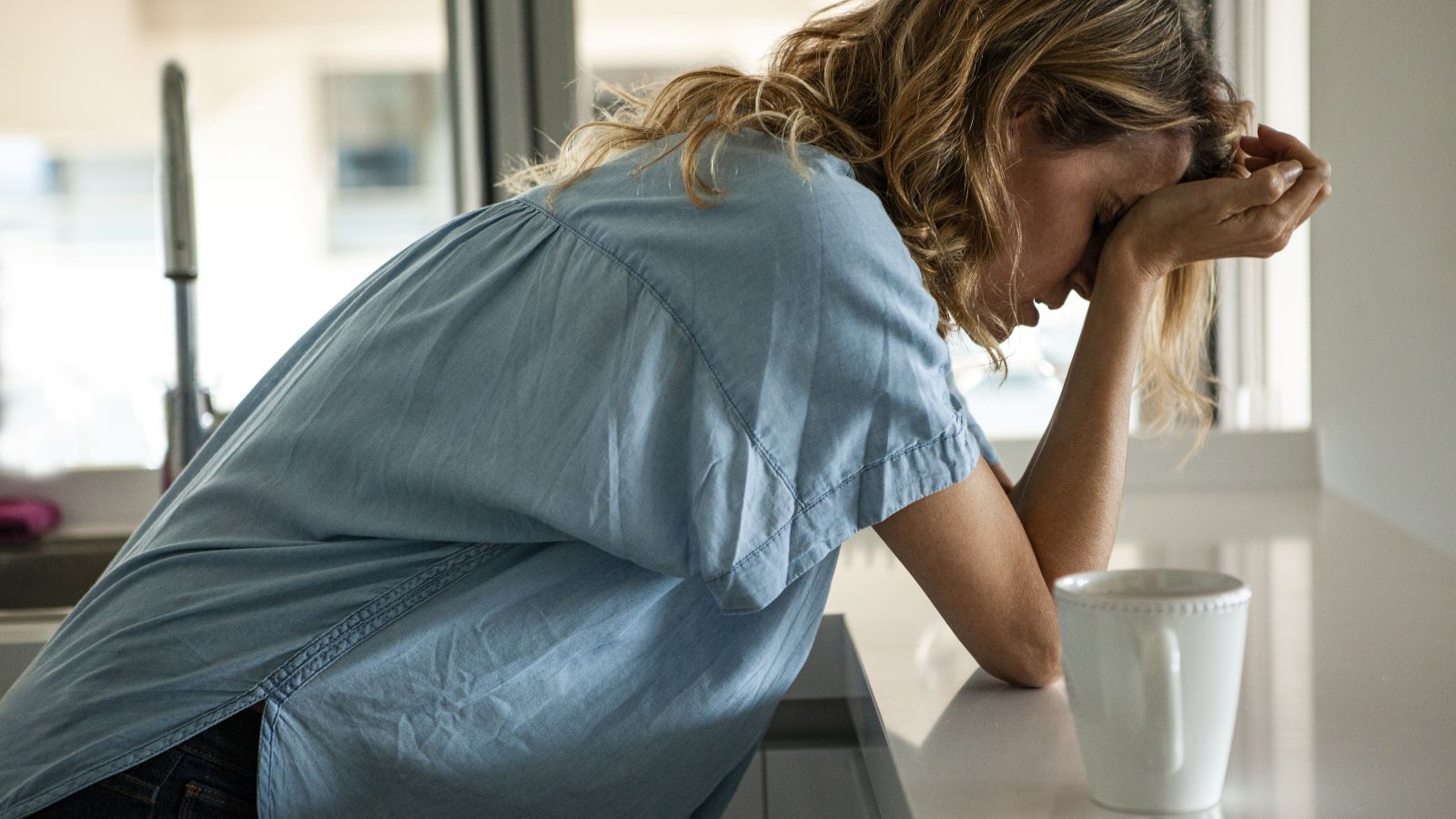<< Back
Why Does Caffeine Make Me Anxious?

August 15, 2025
You grab a coffee to feel more awake, but instead your heart’s racing, your hands are shaking and your mind won’t stop spinning.
Is it anxiety? Or is caffeine to blame?
“Caffeine and anxiety activate the same system in the body — the fight-or-flight response,” says David Tolin, PhD, director of the Anxiety Disorders Center at the Institute of Living, part of Hartford HealthCare’s Behavioral Health Network. “So the symptoms often look and feel the same.”
Here’s why caffeine can feel like it’s causing your anxiety, or just making it worse.
Connect with the HHC Behavioral Health Network
Start here
How caffeine can trigger (or mimic) anxiety.
If you’ve ever had one cup too many, you know the feeling:
- Your heart pounds
- Your hands shake
- You feel jumpy or on edge
- You can’t stop overthinking
“These are all symptoms we also see in anxiety and panic disorders,” says Dr. Tolin. “What’s interesting is that caffeine doesn’t cause anxiety, but it can definitely mimic – or even amplify – it.”
Already dealing with anxiety or a panic disorder? Pay close attention to your caffeine intake.
“Recent studies have shown that large amounts of caffeine can trigger anxiety symptoms, or set off a panic attack,” Dr. Tolin adds.
> Related: 6 Benefits of Caffeine (and How Much Is Too Much)
Is caffeine or anxiety to blame?
If the symptoms are the same, how can you tell whether it’s caffeine or anxiety?
It often comes down to timing, says Dr. Tolin.
“If you notice symptoms within an hour or two of drinking coffee, that’s a good clue caffeine might be the culprit. But if the symptoms come out of nowhere, or persist regardless of caffeine, it could be something more.”
And it’s also worth noting, caffeine-induced anxiety tends to wear off when the caffeine does – typically four to six hours.
Anxiety disorders, on the other hand, tend to have symptoms that last longer, and can pop up when you haven’t had any caffeine at all.
> Related: 9 Physical Symptoms Caused by Anxiety
Checking in with yourself is key.
To help get to the bottom of it, Dr. Tolin suggests asking yourself these questions:
- Did I recently consume more caffeine than usual?
- Do these feelings go away once the caffeine wears off?
- Am I experiencing these symptoms often, even when I haven’t had coffee?
- Is this interfering with my daily life, work or relationships?
“If you’re only feeling anxious after that afternoon latte, it’s probably the caffeine,” he says. “But it’s often worth talking to a mental health professional, especially if those feelings are frequent, unpredictable, or affecting your quality of life.”
Ready to start cutting back on caffeine?
If you think caffeine might be contributing to your anxiety, cutting back gradually can help.
“Going cold turkey can actually cause headaches, irritability and fatigue,” says Dr. Tolin. “Start by replacing one cup a day with a lower-caffeine option like tea or decaf coffee.”
And remember, caffeine isn’t just in coffee. Look out for energy drinks, sodas, or even some types of iced tea and lemonade.
“It’s important to keep an eye on labels, and keep track of your total caffeine intake,” Dr. Tolin suggests.
When to get help.
Whether caffeine is a factor or not, anxiety is treatable — and you don’t have to deal with it alone.
“We have effective tools, from cognitive behavioral therapy to medication, that can make a real difference,” says Dr. Tolin. “The first step is identifying the cause. From there, we can help you manage it.”Caffeine might be fueling your anxiety — or mimicking it entirely. The key is paying attention to when symptoms happen, how often, and how much they’re impacting your life.
And if you’re not sure? It’s always okay to reach out for help.